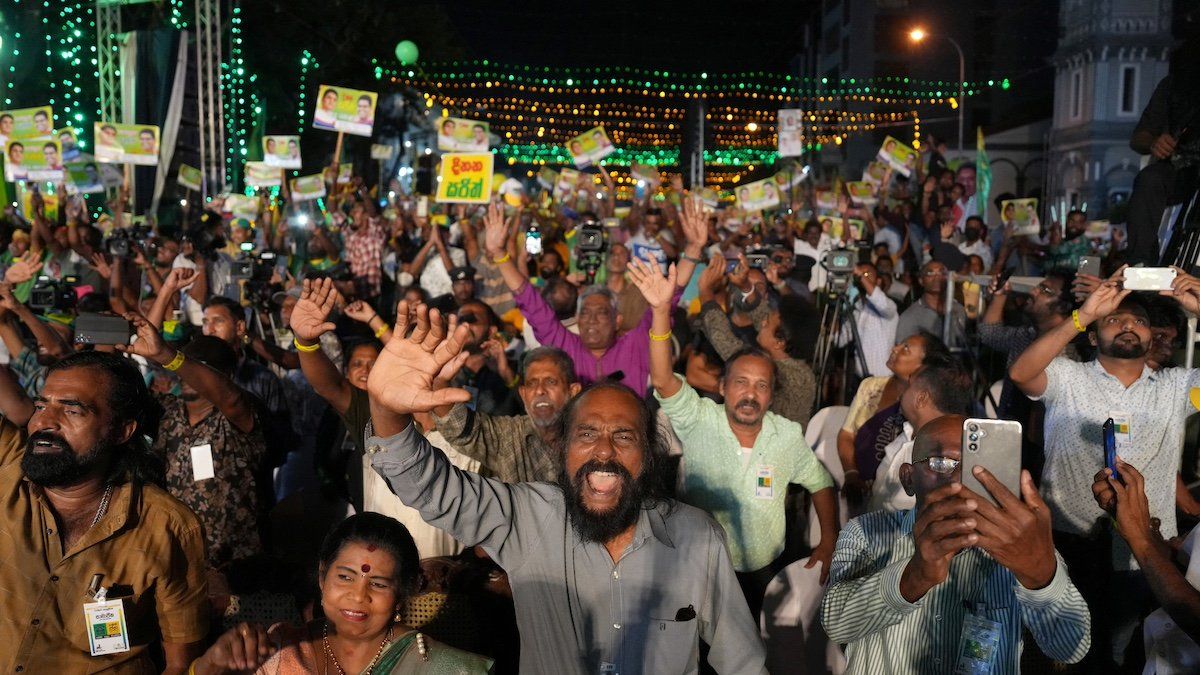Israeli warplanes on Thursday struck dozens of targets across south Lebanon, targeting Hezbollah missiles and infrastructure. Two Israeli soldiers were also killed on Thursday in Hezbollah drone and missile attacks on northern Israel.
The Israeli strikes come after Hezbollah pagers and walkie-talkies across Lebanon and Syria exploded in coordinated attacks over two days, killing at least 26 people and injuring around 3,000.
Hezbollah leader Hassan Nasrallah declared those attacks an “act of war” by Israel in a nationally televised speech Thursday, as Israeli jets buzzed Beirut. He said Israel had “crossed all the red lines,” hinting at possible retaliation. If Tel Aviv is worried, they aren’t showing it, as Defense Minister Yoav Gallant insisted Israeli military action in Lebanon will continue, adding, “Our goal is to ensure the safe return of Israel’s northern communities to their homes.”
It’s all bad news for Gaza peace talks, and US Secretary of State Antony Blinken reiterated that escalatory actions make progress even harder to achieve. An adviser to Israeli Prime Minister Benjamin Netanyahu has reportedly floated a plan to the White House involving the peaceful exile of Hamas leader Yahya Sinwar — not that anyone seems to have asked his view on the subject.
We’re watching for further escalation in the north, where Nasrallah says Hezbollah will continue supporting the fight in Gaza “no matter what the consequences are, what the sacrifices are, what scenarios will unfold.”